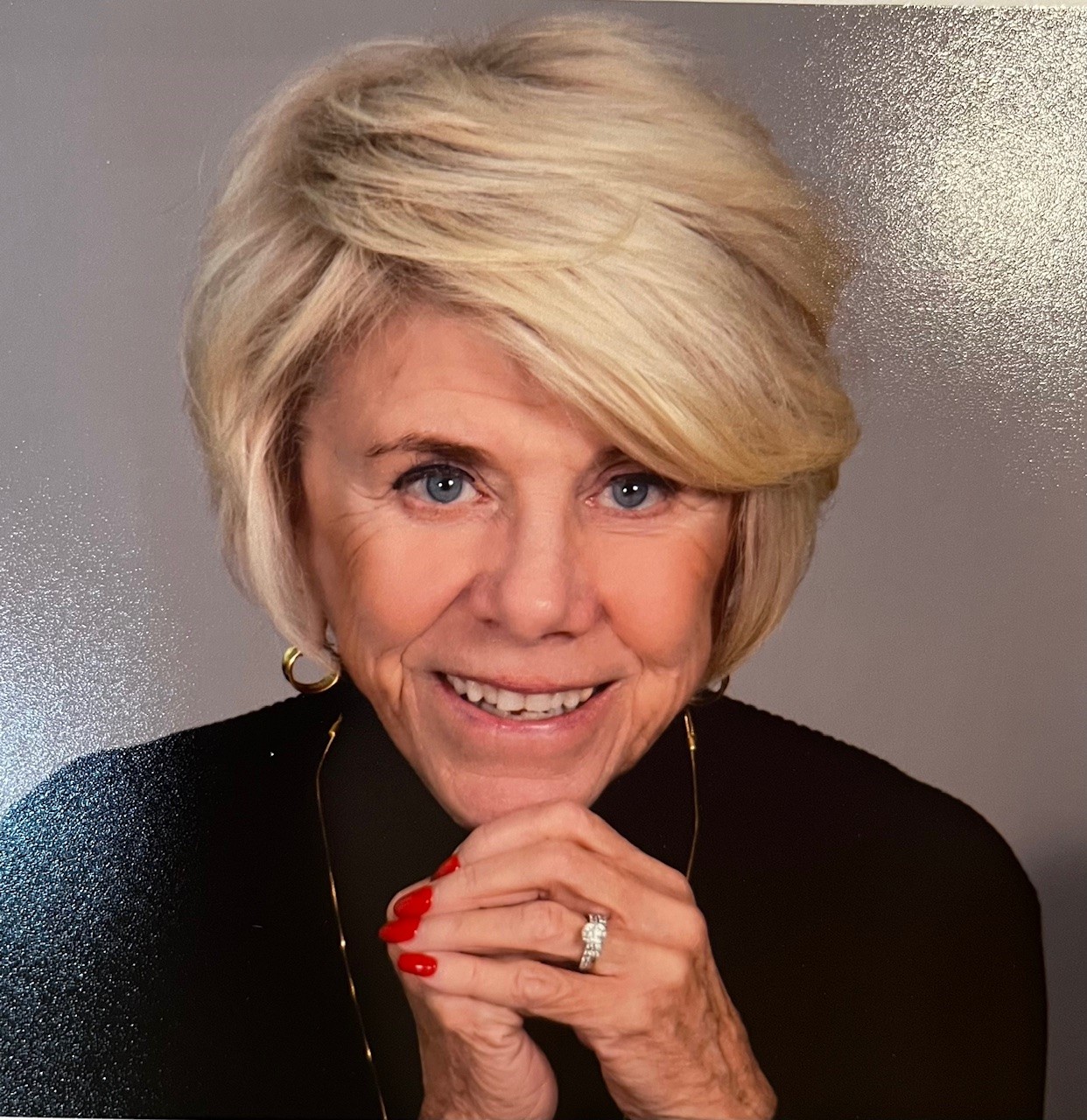
[Flash] When Fluffy Mentored Trevor Noah Selfishly
|
In 2005, Trevor Noah began his career as a standup comedian in his home country, South Africa. And in 2007, he was performing in Irvine, California when comedian Gabriel “Fluffy” Iglesias discovered him at an improv show.
Fluffy found Trevor backstage and boldly made him an offer: “Come on the road with me. I want to expose you to my audience – I think they will love you.” Reflecting on this conversation, Trevor acknowledged, “One of the greatest gifts you gave me was putting me in front of audiences that never otherwise would have seen me. I wouldn’t have become the host of The Daily Show without you.” Trevor asked his mentor, “Why did you bring me on the road with you?” Fluffy: “You were different, so unique. I look at the entire show from the fan’s experience and ask, ‘Are people going to enjoy it from the beginning to the end? Or are they just sitting there waiting for me?’” Fluffy continued: “When other people put on a kick-ass show, it makes me work harder because now I have to perform better than I’m used to performing. It makes me a better comic.” Mentoring is often seen as an altruistic, pay-it-forward act. But let’s also appreciate the selfishness that can steer us into mentoring. Fluffy deliberately took Trevor under his wing, but not philanthropically. He wasn’t wandering the streets of LA, wondering whose career he could ignite. Fluffy identified an opportunity to benefit from mentoring Trevor. He was confident that while he helped Trevor, Trevor could help him. Yes, mentoring is deeply rooted in and fueled by altruism. But altruism alone does not typically compel action. The pursuit of success compels action. Fluffy’s commitment to the success of his show drove him to seek out Trevor and offer him the opening act. A selfish quest for success and a selfless commitment to make a difference can and do co-exist. When Trevor became Fluffy’s opening act, Fluffy committed to mentoring Trevor: expanding Trevor’s audience, teaching him about the business, and advising him on cultivating an audience. What selfish reason do you have to mentor? Could mentoring others:
There’s power in selfish selflessness – the reciprocal nature of your mentoring relationship will alchemize you and your Mentee. © 2024. Ann Tardy and MentorLead. www.mentorlead.com. All Rights Reserved. |







